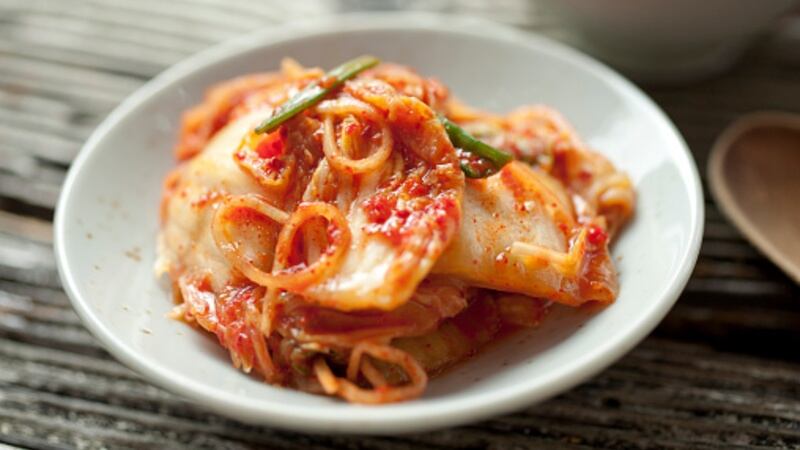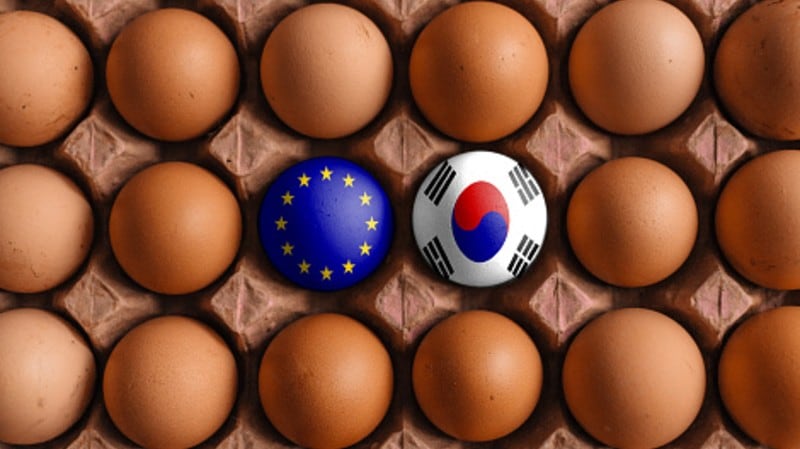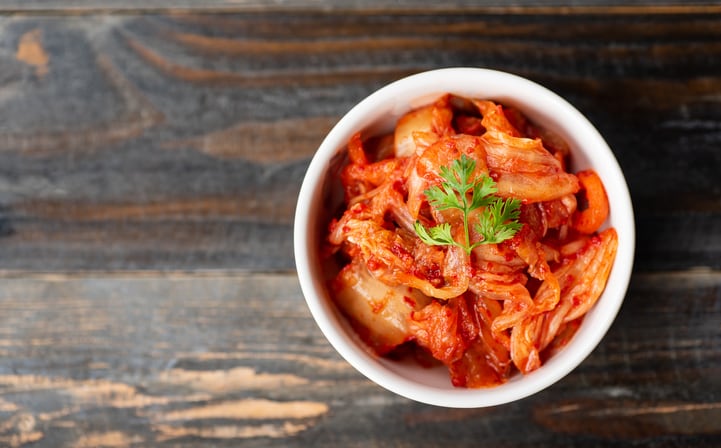Kimchi in South Korea has undergone a significant amount of controversy recent months, starting with China attempting to claim this as a food of its own, followed by viral videos rousing food safety concerns about China-made ‘pao cai’ or another form of pickled cabbage made differently from Korean kimchi, but known by the same name in the Mandarin Chinese language.
All of this has resulted in substantial impact to the imported kimchi sector in the country. According to a recent report by the South Korean Ministry of Agriculture, Food and Rural Affairs (MAFRA), imports as of June 2021 have dropped by a whopping 21.8% year-on-year to hit 17,906 tonnes from 22,885 tonnes in June 2020.
“The year-on-year disparity has been getting larger since March this year [when the video on China-made ‘kimchi’ was reported] – in April we saw a 7.2% (1,376 tonnes) decrease, then in May a 13.2% (3,168) tonnes decrease and now this 21.8% (4,979 tonnes) decrease in June,” said MAFRA via the report.
Korea Rural Economic Research Institute researcher Park Ki-hwan also attributed this drop to consumers’ rising food safety concerns.
“Kimchi imports saw a decline in the first half of 2020 due to COVID-19 related concerns, but this year the reason is different – after the video of Chinese pickled cabbage was reported in March, consumers have become increasingly concerned about the hygiene and safety of these products.
“This phenomenon has led to them avoiding imported kimchi provided by restaurants. We predict that these negative perceptions will persist into the second half of the year.”
Prior to the controversy, China was consistently the top source of imported Chinese kimchi into South Korea, mostly utilized at restaurants and eateries that do not make their own kimchi due to lower prices.
A separate government survey on the kimchi industry also highlighted food safety and hygiene concerns as a major concern, with consumer focus group discussions showing negative perceptions of imported kimchi and the relevant country of origin in relation the kimchi scandal and media portrayals.
Kimchi crackdowns
The situation has also not been helped by kimchi taking the top spot in terms of country of origin labelling violations between January and June 2021.
In a separate statement, MAFRA announced that its crackdowns during the first half of the year yielded 1,771 violations, with 20% (420 cases) dominated by kimchi, followed by pork at 14% (290 cases), beef at 10% (198 cases), soybeans at 5% (101 cases) rice at 4% (90 cases) and chicken at 3% (65 cases).
“We conducted a special crackdown between March 29 to April on Chinese cabbage ‘kimchi’ in consideration of consumer concerns, and found multiple violations from false labelling to completely unmarked products,” said MAFRA.
“Some restaurants even mixed up China-imported kimchi with domestic-produced product and sold this labelled as domestic kimchi – acts such as these have been subject to criminal prosecution.”
The government has also taken steps to further control kimchi imports via the regulatory pathway – according to the Enforcement Rules of the Special Act on Imported Food Safety Management, an article has just been added where imported foods ‘subject to certification’ will now include ‘pickled/stewed kimchi with cabbage as the main ingredient’, indicating that imported kimchi will be subject to tougher pre-import checks moving forward.
Enforcement of this regulation will be implemented in October 2021.
Rise in Korean kimchi exports
Conversely, the MAFRA report also showed that locally-produced kimchi had been gaining popularity globally, with kimchi already seeing massive growth and leading South Korea’s food export boom amidst the COVID-19 outbreak last year, and seeing even further growth this year.
“Korean kimchi exports hit record highs of 40,000 tons by volume and US$145mn by value in 2020,” said the ministry.
“In the first half of this year we have already seen exports of 22,000 tons and US$87mn, up 9.3% and 20.1% respectively year-on-year, which [is indicative of a continuing rising] export trend.
“Local firms using kimchi are participating in a self-labelling system via the Domestic Kimchi Autonomous Labelling System to certify the use of 100% locally-made kimchi via a special certification mark.”





